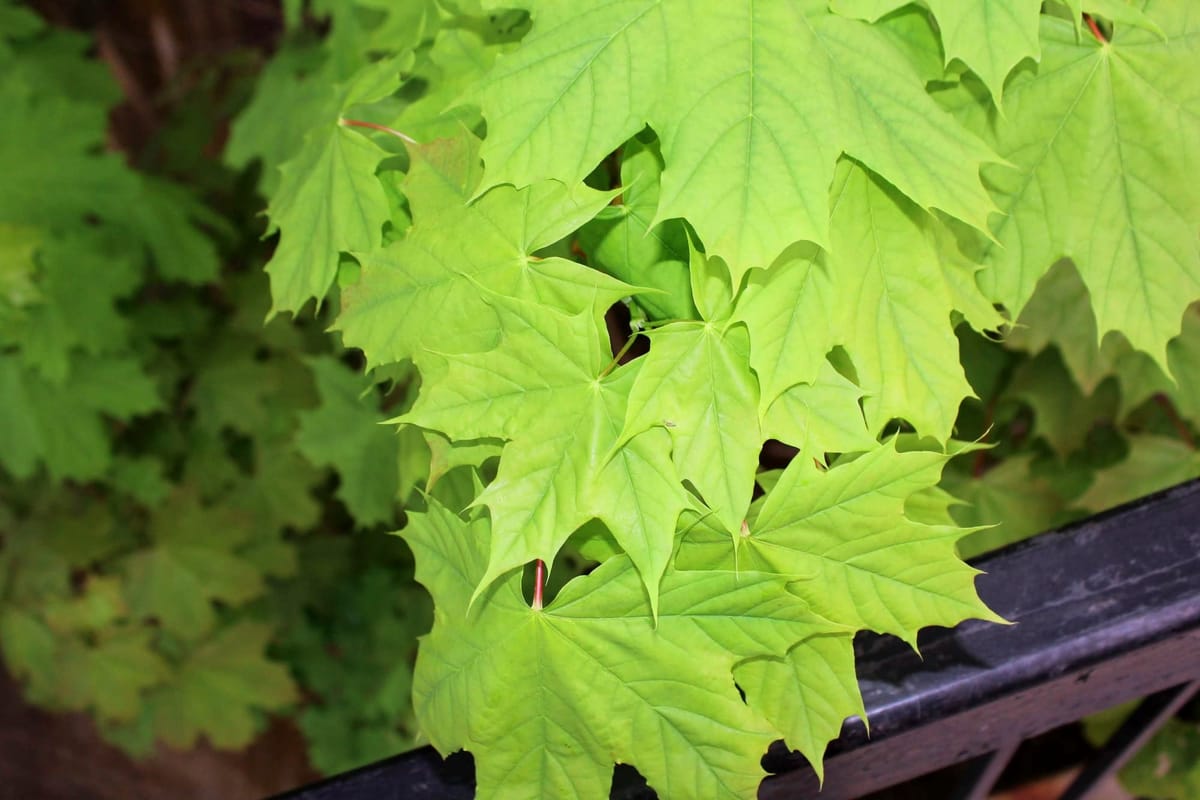Land Acknowledgement

Before anything else, I acknowledge that I write and live on the traditional territories of the Mississaugas of the Credit, the Haudenosaunee Confederacy, the Anishinaabe, and the Huron-Wendat peoples. For thousands of years, these nations have cared for the lands, waters, and skies of this region — its rivers, its forests, its wildlife, its medicines, and the relationships that bind them. These responsibilities continue today. They never ended.
I acknowledge that I am a settler on these territories. My family came to Canada from Romania in the 1990s, during the early years of democracy — a time when the country was still healing from decades of dictatorship, surveillance, censorship, rationing, and political fear. The stories I grew up with came from a place shaped by upheaval: the uncertainty of transition, the habits of caution, the weight of what people endured, and the quiet relief of beginning again somewhere safer.
But those inherited stories, real as they are, do not place me outside the structure I live in now. They do not erase the fact that I benefit from systems built through the displacement of Indigenous nations. My family’s history of hardship does not negate the much older histories of dispossession, broken treaties, ecological disruption, and cultural suppression experienced by the nations whose land I now write on. My past does not reduce, outweigh, or excuse my present responsibilities.
Acknowledging the land means acknowledging the water that sustains these communities — the rivers and tributaries that have fed generations; the lakes that were and are sources of life, food, trade, ceremony, and story; the waters whose protection remains central to Indigenous law and Indigenous identity. It means recognizing that Indigenous peoples have continually defended these waters from pollution, extraction, and policy decisions that threaten both ecosystems and communities.
Acknowledging the land also means acknowledging the treaties, including those that govern this territory — agreements that were meant to establish relationships built on respect, coexistence, and shared responsibility. Many of these treaties were later broken, reinterpreted through colonial law, or enforced in ways that benefitted settlers and harmed Indigenous nations. Naming the treaties is not enough; understanding their intended spirit and the ways they were violated matters just as much.
I acknowledge the ongoing impacts of residential schools, the Sixties Scoop, forced relocations, bans on ceremony, the criminalization of cultural practices, and the suppression of Indigenous languages. These harms are not distant. They continue to shape lives, families, governance, health, and community well-being. They live in memory, in policy, and in the structures around us.
I am not Indigenous, and I do not claim the authority to interpret Indigenous knowledge, law, or worldviews. What I can do is commit to listening, to learning, and to approaching culture — whether I’m writing about film, music, literature, games, or social issues — with an awareness that all creative work emerges from land, from place, and from systems shaped by history.
To acknowledge land, water, and sky is to acknowledge relationship: not a symbolic one, but a living one. Indigenous nations continue to care for this territory, continue to steward its ecosystems, continue to uphold responsibilities passed down through ceremony, story, language, governance, and kinship. Their presence is current, sovereign, and enduring.
This acknowledgement is not a declaration of completion. It is not a badge of virtue. It is a reminder that every word I write here exists on land shaped by nations whose relationship to these territories far exceeds my family’s time in Canada. It is an expression of respect for the Mississaugas of the Credit, the Haudenosaunee, the Anishinaabe, and the Huron-Wendat — for their continuity, their rights, their cultural strength, and their responsibilities to this place. It is also a reminder of my own responsibilities: to remain aware, to remain accountable, and to continue learning what it means to live and write on land, water, and sky held in the care of Indigenous nations since long before I arrived.